The confirmation came from the department for business, energy and industrial strategy (BEIS) in an update on its business models for CCUS technology on Monday (8 November).
BEIS said it had been “exploring whether to provide support to waste management projects via the ICC business model”, which it has now approved.
This comes after BEIS said in May it was “minded to” approve the waste management sector into the ICC business model.
The ICC business model is a proposal from the government designed to incentivise the deployment of carbon capture technology for industrial users who often have no viable alternatives available to achieve deep decarbonisation.
It will work in a similar way to subsidy schemes given to biomass plants for generating electricity from waste wood.
This will mean EfW operators could receive a form of rebate for every tonne of carbon captured.
Allowing waste management projects to be eligible presents an opportunity to progress the decarbonisation in the 2020s
– BEIS
BEIS explained: “Through the business model, we intend to support industries to decarbonise efficiently and sustainably and drive world-leading innovation in carbon capture technologies, supporting UK decarbonisation.”
BEIS reiterated that the propels for the business model “are indicative only and do not constitute an offer by government and do not create a basis for any form of expectation or reliance”.
Projects
In recent months both Suez and Viridor have unveiled plans relating to carbon capture and storage.
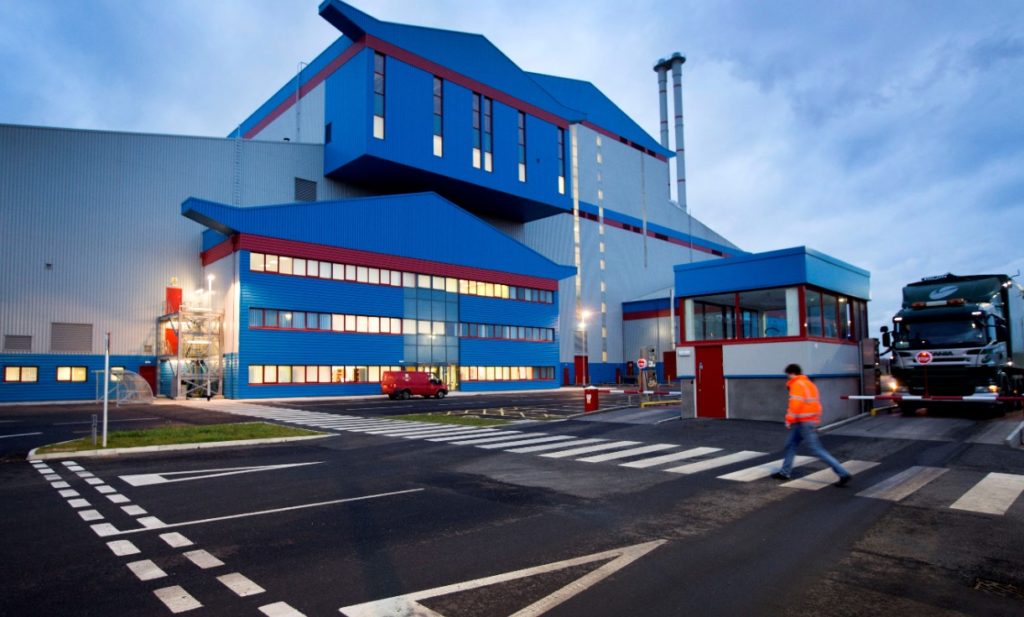
Last month, BEIS chose the East Coast project, in which Suez recycling and recovery UK is involved, as one of the UK’s first CCUS clusters.
This would allow any carbon captured at the four EfW process lines Suez operates in Teesside to be transported to the cluster and permanently stored beneath the North Sea from “the mid-2020s” (see letsrecycle.com story).
Soon after, Viridor said it would invest in CCUS technology at five of its energy recovery sites, creating more than 1,000 jobs (see letsrecycle.com story).
Viridor said it had been working with the government in recent months on policy development around funding mechanisms to support CCUS at energy from waste plants.
Both companies said they would invest up to £1 billion in the projects, which will be delivered through funding from the government’s ICC business model.
A phase 2 funding bid is now set to be open for applications from the waste sector, which will include both Viridor and Suez’s submissions.
Inclusion
Announcing the inclusion of the waste sector, BEIS said: “After careful consideration of the benefits and risks relating to the inclusion of waste management… a decision has been taken to enable waste management CCS projects to be eligible for support through the ICC business model.
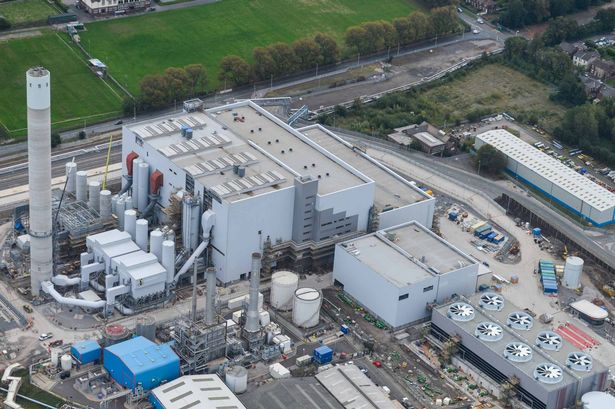
“Allowing waste management projects to be eligible presents an opportunity to progress the decarbonisation of waste management facilities in the 2020s and demonstrate the feasibility of deploying CCS for such facilities in the UK.”
This will include waste incinerators with no energy recovery, EfW facilities which incinerate waste with heat and/or electricity output, and gasification/pyrolysis technologies which can produce heat, electricity and/or fuels “with the shared primary purpose of safe and timely disposal/recovery of waste”.
Suez
The news was welcomed by John Scanlon, chief executive officer for Suez recycling and recovery UK.
He said: “Fresh from a week at COP26 spent discussing the pivotal role resource efficiency plays in achieving net zero, I wholeheartedly welcome confirmation that energy-from-waste CCUS projects will fall under the Government’s industrial carbon capture business model.
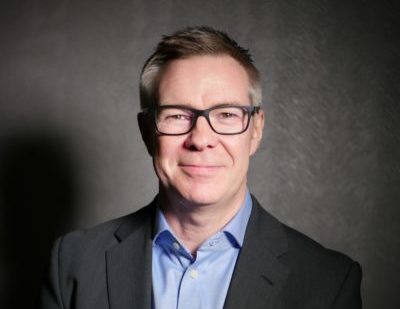
“This allows energy-from-waste to be part of the phase 2 cluster sequencing process, meaning the UK’s first energy-from-waste CCS projects could be up and running around the middle of the decade at Suez-run facilities in Teesside”.




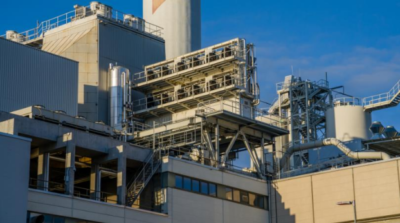

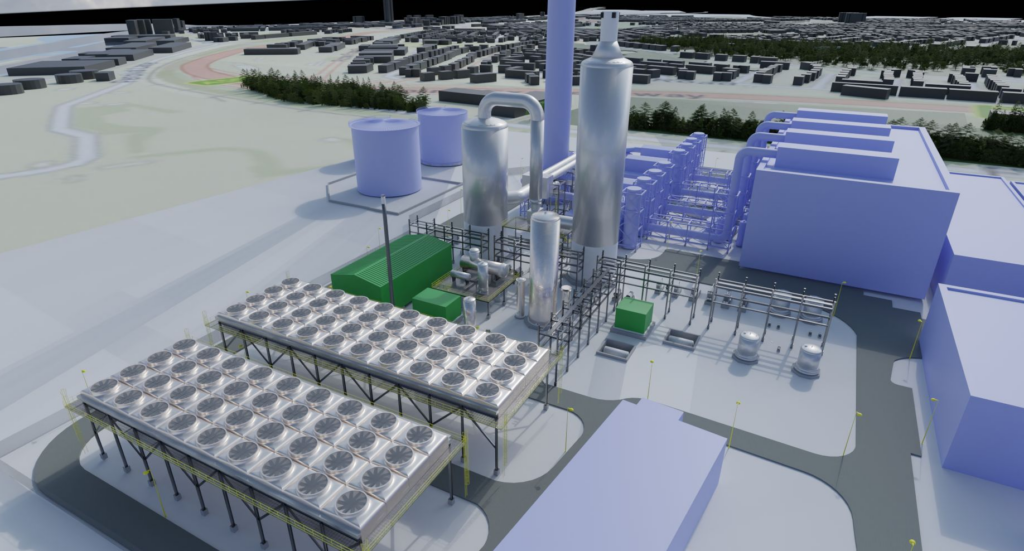
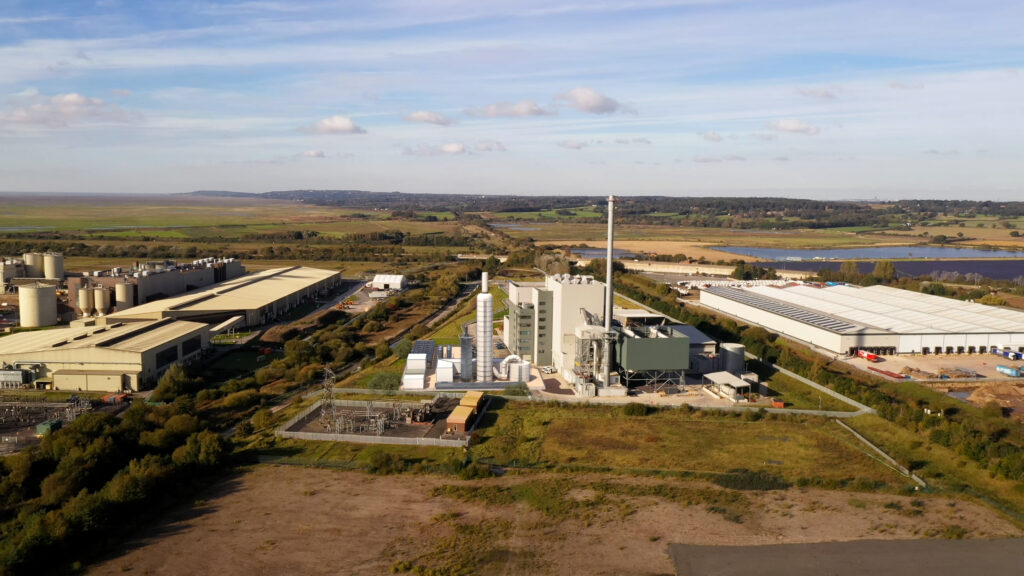
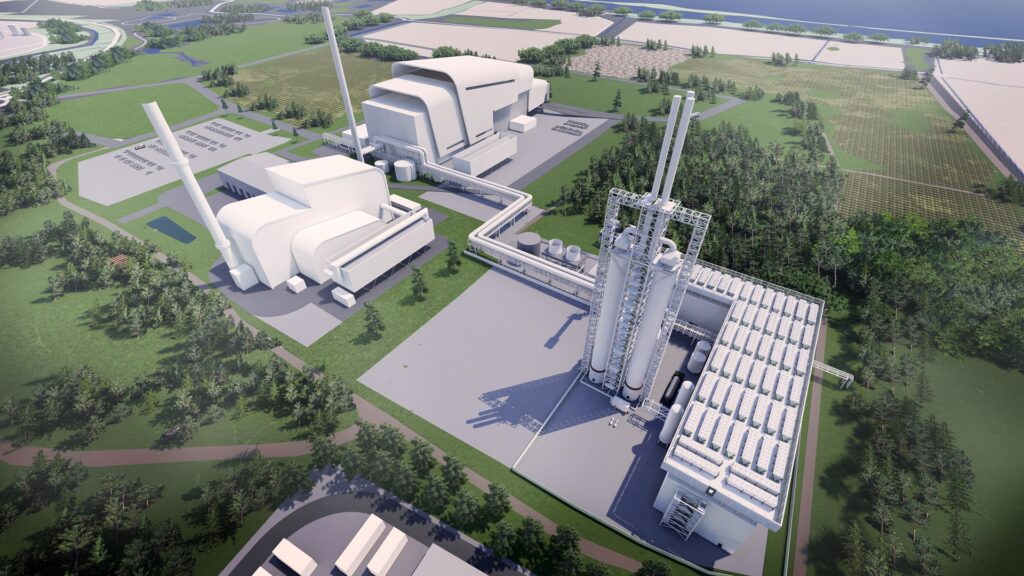


Subscribe for free